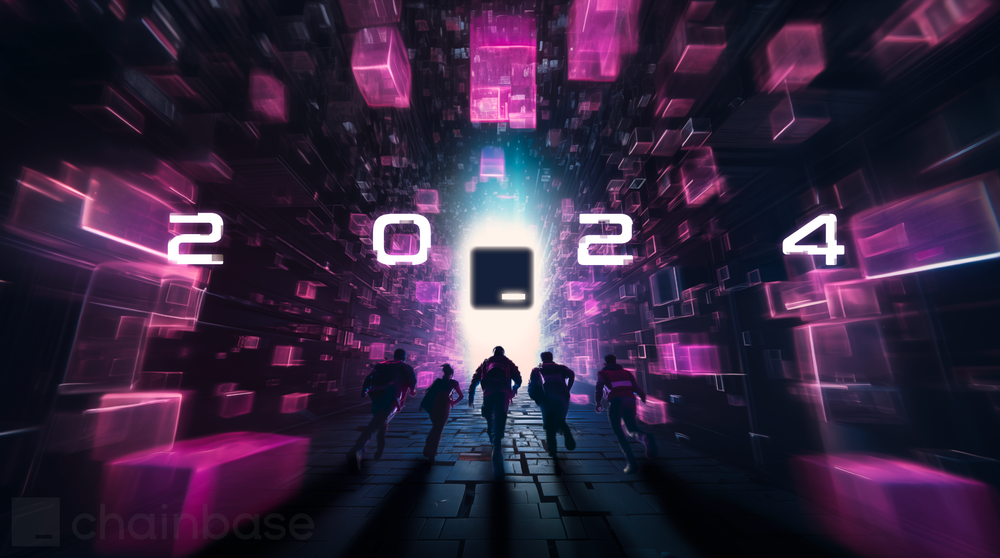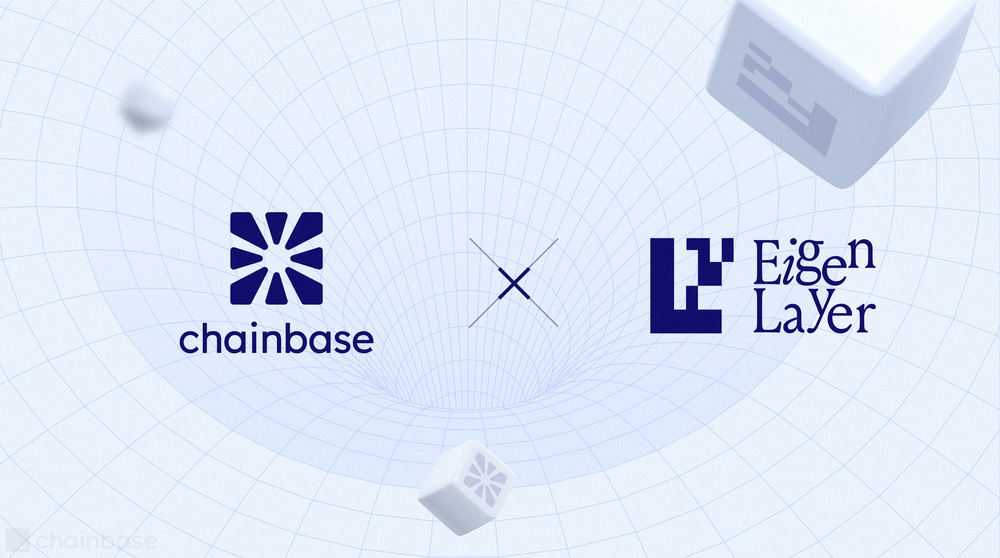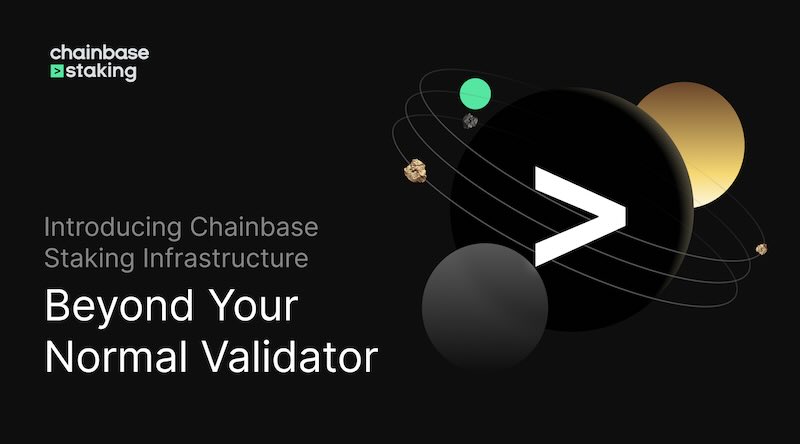With the continuous evolution of blockchain technology, non-Ethereum Virtual Machine (Non-EVM) popular public chains are rapidly emerging and becoming a bright spot in the field of digital economy and decentralized applications. These public chains no longer rely on the Ethereum Virtual Machine, but use their own unique smart contract platforms to provide users and developers with a new blockchain experience. The following is an introduction to some popular non-EVM public chains and their features and selling points:
The Aptos blockchain, designed with scalability, safety, reliability, and upgradeability as key principles, to address these challenges. The Aptos blockchain has been developed over the past three years by over 350+ developers across the globe. It offers new and novel innovations in consensus, smart contract design, system security, performance, and decentralization. The combination of these technologies will provide a fundamental building block to bring web3 to the masses
Some of its technical features and selling points are as follows:
- First, the Aptos blockchain natively integrates and internally uses the Move language for fast and secure transaction execution. The Move prover, a formal verifier for smart contracts written in the Move language, provides additional safeguards for contract invariants and behavior. This focus on security allows developers to better protect their software from malicious entities.
- Second, the Aptos data model enables flexible key management and hybrid custodial options. This, alongside transaction transparency prior to signing and practical light client protocols, provides a safer and more trustworthy user experience.
- Third, to achieve high throughput and low latency, the Aptos blockchain leverages a pipelined and modular approach for the key stages of transaction processing. Specifically, transaction dissemination, block metadata ordering, parallel transaction execution, batch storage, and ledger certification all operate concurrently. This approach fully leverages all available physical resources, improves hardware efficiency, and enables highly parallel execution.
- Fourth, unlike other parallel execution engines that break transaction atomicity by requiring upfront knowledge of the data to be read and written, the Aptos blockchain does not put such limitations on developers. It can efficiently support atomicity with arbitrarily complex transactions, enabling higher throughput and lower latency for real-world applications and simplifying development.
- Fifth, the Aptos modular architecture design supports client flexibility and optimizes for frequent and instant upgrades. Moreover, to rapidly deploy new technology innovations and support new web3 use cases, the Aptos blockchain provides embedded on-chain change management protocols.
- Finally, the Aptos blockchain is experimenting with future initiatives to scale beyond individual validator performance: its modular design and parallel execution engine support internal sharding of a validator and homogeneous state sharding provides the potential for horizontal throughput scalability without adding additional complexity for node operators.
Sui is a smart contract platform maintained by a permissionless set of validators that play a role similar to validators or miners in other blockchain systems.
Sui offers scalability and unprecedented low-latency for simple use cases. Sui makes most transactions processable in parallel. This better utilizes processing resources and offers the option to increase throughput by adding more resources. Sui forgoes consensus to instead use simpler and lower-latency primitives for simple use cases, such as payment transactions and assets transfer. This is unprecedented in the blockchain world and enables a number of new latency-sensitive distributed applications ranging from gaming to retail payment at physical points of sale.
Some of its technical features and selling points are as follows:
- Unmatched scalability, instant settlement
- A safe smart contract language accessible to mainstream developers
- Ability to define rich and composable on-chain assets
- Better user experience for web3 apps
- Narwhal and Bullshark DAG-based mempool and efficient Byzantine Fault Tolerant (BFT) consensus
- Sui is the only blockchain today that can scale with the growth of web3 while achieving industry-leading performance, cost, programmability, and usability. Sui is the first internet-scale programmable blockchain platform, a foundational layer for web3.
Given a sudoku puzzle, verifying a solution is easier than solving from scratch. If our goal is to convince people of the statement “this puzzle has been solved”, we can save a lot of computation by having one person compute a solution and then propagate it for others to verify. In this strategy, each computation of a solution becomes a one-time event which does not require replication by society. In a similar vein, Starknet scales Ethereum by replacing heavy L1 computation with lighter (hence cheaper!) L1 verification using STARK proofs computed off-chain.
Some of its technical features and selling points are as follows:
- safest and most scalable cryptographic proof system: STARK.
- It operates as a Layer 2 (L2) network over Ethereum, enabling any dApp to achieve unlimited scale for its computation - without compromising Ethereum’s composability and security
4.Solana
Solana is a blockchain built for mass adoption. It's a high performance network that is utilized for a range of use cases, including finance, NFTs, payments, and gaming. Solana operates as a single global state machine, and is open, interoperable and decentralized.
Some of its technical features and selling points are as follows:
Don’t keep your users waiting. Solana has block times of 400 milliseconds — and as hardware gets faster, so will the network.
The Solana network is validated by thousands of nodes that operate independently of each other, ensuring your data remains secure and censorship resistant.
Get big, quick. Solana is made to handle thousands of transactions per second, and fees for both developers and users remain less than $0.01.
Solana’s proof of stake network and other innovations minimize its impact on the environment. Each Solana transaction uses about the same energy as a few Google searches.
5.Defichain
Defichain, a blockchain specifically dedicated to decentralized financial applications. By focusing on the functionality of the blockchain and dedicating it specifically to decentralized finance, DeFiChain provides unparalleled high transaction throughput, reduced risk of errors, and intelligent feature development specifically for the fulfillment of financial services on the blockchain.
Some of its technical features and selling points are as follows:
- Development of a variety of financial operations & vehicles for cryptocurrency economy.
- High throughput for all transactions
- Safer, more secure blockchain specifically for decentralized finance..
- Rapid development of dApps for decentralized finance.
- Peace of mind that the blockchain is not used for any types of non-financial dApps, thus decisions of Foundation and core developers are focused 100% on decentralized financial use-cases and nothing else.
- Rapid development of dApps with dedicated calls specifically for finance applications.
- Minimal attack surface of financial smart contracts developed on the platform.
- Reliable governance (off-chain and on-chain).
- Highly immutable – by periodic anchoring to Bitcoin blockchain.
6.Mixin
Mixin Network is a open network, it's open to the developers at both Kernel (aka, the Mainnet) and Mixin API levels.
According to the business needs and requirements, developers can choose the appropriate way to develop their dApps, chains, and any applications based on Mixin Network.
Some of its technical features and selling points are as follows:
Decentralized network based on punitive POS. Hardware-enhanced security with TEE. Supervision of tens of thousands of light nodes to prevent full nodes from doing evil.
Competency in high-frequency real-world transaction use cases. Theoretical performance close to centralized servers. Millions or even higher TPS through hardware upgrade.
Zero fee Transactions. Competency in micropayment and everyday payment contexts.
The current 35 nodes can do verification and signing of a transaction in 300 ms.
Supports for 37 chains, including BTC, ETH, EOS, XMR, etc., and more than 100 thousand tokens.
Effortless multi-chain asset management with one single account, future public blockchains will also be supported by default.
Support for co-management of multi-signature assets among up to 255 people. Suitability for teams and families who want to co-own a large amount of an asset, and B2C or C2C platforms who want to co-manage the fund to prevent the platform from embezzling the fund.
Except for the parties themselves, even full nodes do not know who are the parties in a transaction, there is no way to know the identities of the parties in a transaction from the transaction itself.
The double-key structure ensures the anonymity of assets, users are free to share the view keys to accountants for taxation or audit purpose without losing the assets or their anonymity.
No permission is necessary to connect to the network through REST APIs. Developers may use any language they are familiar with to achieve rapid product and service development.
Nodes charge a fee for each API call from DApps, so the income will not be affected by the fluctuation of XIN price, therefore sustainability and security can be guaranteed. The cost of development based on MIXIN network is predictable, pretty much like using AWS.
7.AIgorand
Algorand is a green blockchain.
Which is born sustainable! Algorand is far more energy efficient than other blockchains, and is going further by offsetting its small carbon footprint in partnership with ClimateTrade.
Some of its technical features and selling points are as follows:
The speed at which blocks are produced, the amount of transactions that can fit into a block, and when those transactions are considered final are important factors to consider when choosing a blockchain. For Algorand, performance is and will always be a key focus area for the core development team.
You want to choose a blockchain that can scale and handle high throughput so that your users don’t experience long wait times when interacting with your application.
On Algorand, blocks are produced every 3.3 seconds and can hold up to 25,000 transactions, which results in a throughput of about 7,500 transactions per second (7500 TPS).
In proof-of-work blockchains, since forking is a possibility, transactions can’t be considered final until a certain amount of time passes and the likelihood of the transaction being on an orphaned chain is practically zero. This means that the actual throughput of this type of blockchain is caveated by a delay in finality. Downstream processes in an application must take this into account to avoid compounding issues if a transaction ends up being invalid.
As we mentioned earlier, Algorand does not have forking so transactions are final as soon as they are confirmed in a block. A throughput of 6,000 TPS then actually means 6,000 finalized transactions per second.
Algorand makes it easy to tokenize, transfer, and program conditions on any instrument of value. Create fungible and nonfungible tokens with a single transaction (no smart contract code required). Or program sophisticated decentralized applications (dApps) with Algorand smart contracts.
Bitcoin is a consensus network that enables a new payment system and a completely digital money. It is the first decentralized peer-to-peer payment network that is powered by its users with no central authority or middlemen. From a user perspective, Bitcoin is pretty much like cash for the Internet. Bitcoin can also be seen as the most prominent triple entry bookkeeping system in existence.
Some of its technical features and selling points are as follows:
payment freedom
- payment freedom
- Choose your own fees
- Fewer risks for merchants
- Security and control
- Transparent and neutral
Chainbase currently supports some non-evm public chains. If you want to know more information, please visit our official website and documentation.
About Chainbase
Chainbase is an open Web3 data infrastructure for accessing, organizing, and analyzing on-chain data at scale. It helps people to better utilize on-chain data by combining rich datasets with open computing technologies in one data platform. Chainbase’s ultimate goal is to increase data freedom in the crypto.
More than 5,000 developers actively interact with our platform and over 200Mn data requests per day as their data backend and integrate chainbase into their main workflow. Additionally, we are working with ~10 top-tier public chains as first-tier validators and managing over US $500Mn tokens non-custodially as a validator provider. Find out more at: chainbase.com
Want to learn more about Chainbase?
Sign up for a free account, and Check out our documentation.
Website|Blog|Twitter|Discord|Link3






